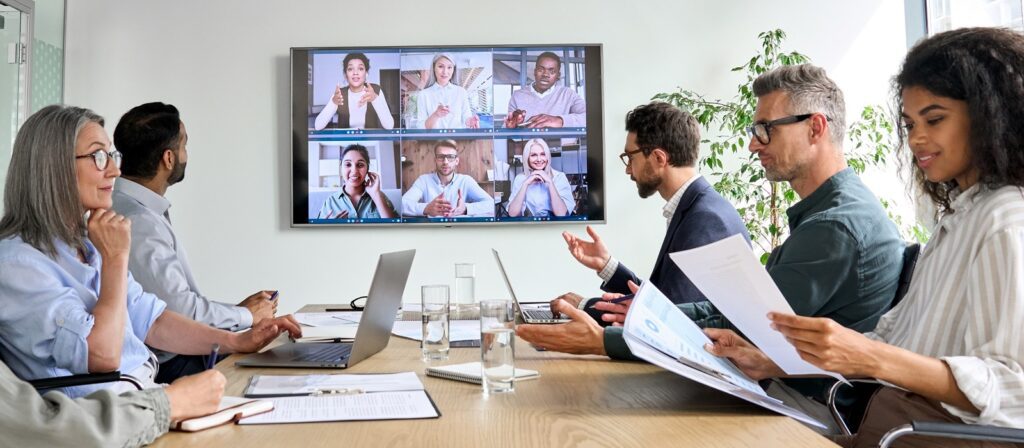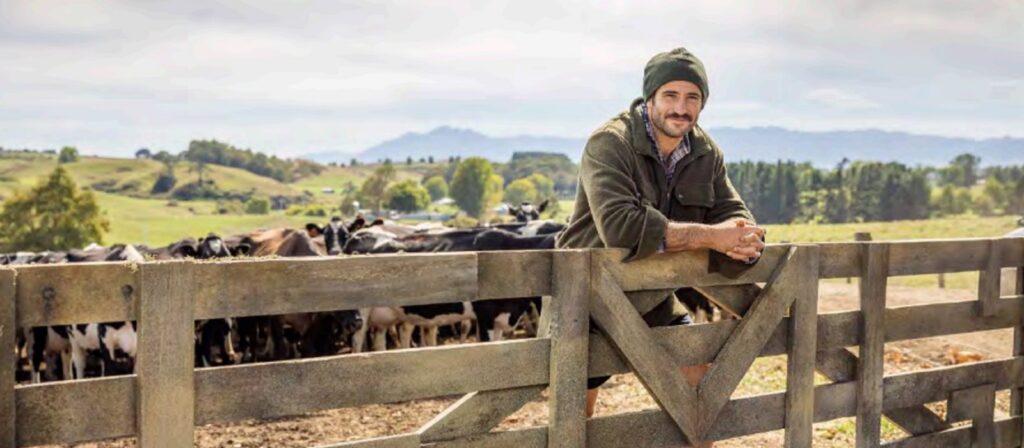FMG is a mutual insurer that has been around for 116 years. An act of parliament enshrined the mutual through the FMG Act, which protects the mutual insurance industry as farming is a significant GDP contributor for New Zealand as a country. Over 53% of farmers and growers within New Zealand insure with FMG.
FMG’s core purpose is to provide affordable products for rural New Zealand. FMG has over 750 employees, and gross income has just moved over NZD 400 million. Another differentiator for FMG is that it has a fully proprietary model, which means that it sells and services all its products.
Unfortunately, an FMG employee was one of the first reported cases of COVID-19 in New Zealand due to close proximity to another infected person during air travel. This employee also attended a regional meeting with 200 other employees. This exposure ensured that the FMG reaction was quick and decisive.
By 26 March 2020, the New Zealand government put the country into one of the earliest, hardest lockdowns among the world’s developed nations. Four alert levels were established, and the initial level was Level 4 – the highest level. This meant that from May 14, the entire company when into a full ‘work from home’ model. The companies biggest concern was to enable the workforce to fulfil employee roles normally during this highest level of lockdown.
As a result, FMG had to make several changes very quickly. This forced the IT teams at FMG into overdrive to enable the business to continue to run effectively. Initially, incoming client phone calls could not be taken from home, and a new solution was implemented to enable this vital business function. Within two weeks, FMG was operating as usual remotely.
Another critical business function to highlight was communication. The communication team were paramount to keep the employees up to date with developments in all facets of FMG and the pandemic impacts. Impressively FMG assessed that the new way of working and this change only impacted about 25% less than the total capacity for servicing clients.
From 14 May, FMG was able to have a “managed return” to its offices across the country. Numerous precautions were taken, as staff safety was (and is) paramount. However, another COVID lockdown occurred, which spurred the business to formalise a flexible working process to deal with changes in lockdown levels. Flexible working became a key need for FMG to continue.
Four key criteria were considered to enable staff to continue with flexible working:
- The well-being & safety of employees.
- Employee engagement is not compromised.
- Client servicing and engagement is not compromised.
- Does not introduce significant new costs to FMG.
The employees were further categorised into:
- Mobile client sales, advice and servicing roles – very flexible days.
- Phone-based client sales, advice and servicing roles – set hours of business.
- Shared services roles covering corporate functions and administrative support – core service providers and very flexible hours, outcomes-based approach.
This allowed FMG to better address the needs of their employees to continue their day-to-day responsibilities. This programme has been running for eight months and is going to be reviewed at the end of April. The process has been carefully measured throughout and the metrics have provided proof that this is working in the best way possible for the organisation.
A number of agreements and evaluation criteria were implemented to support good decision-making throughout this period. Key agreements such as a ‘Flexible Working Policy’, ‘Flexible Working Agreement’ and an ‘Alternative Place of Work –Well-being & Safety Checklist’. All flexible work requests are assessed against criteria to ensure a fair view for all employees.
The next steps for the business will be to evaluate the 8-month trial and course-correct on technology and policy to ensure the highest level of service to its members at all time.
Employee surveys show a real desire to continue with the work from home policy post the pandemic, so FMG will work to ensure the overall happiness of its staff whilst continuing to deliver for the organisation.





